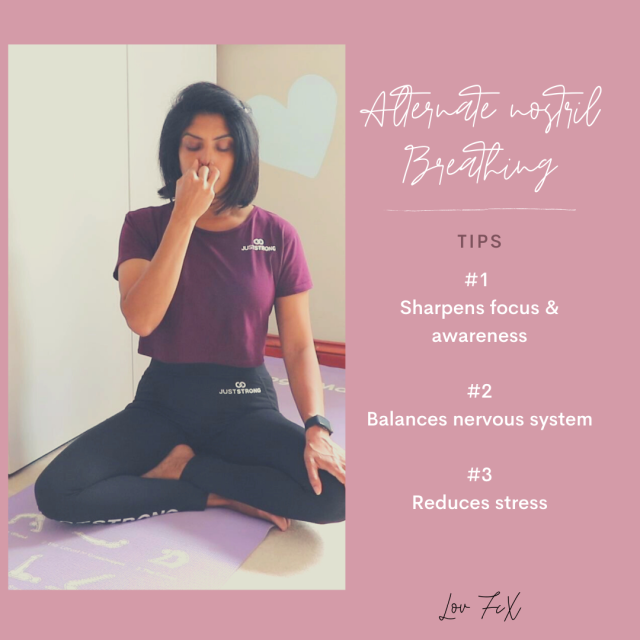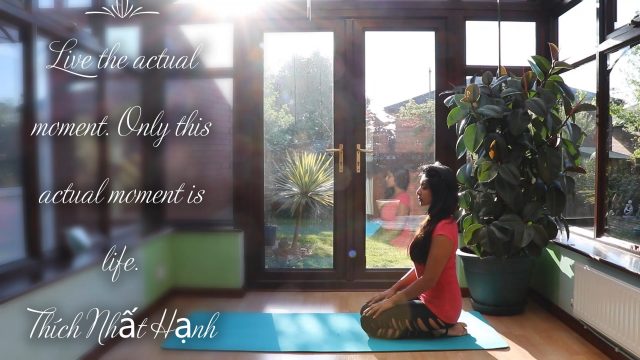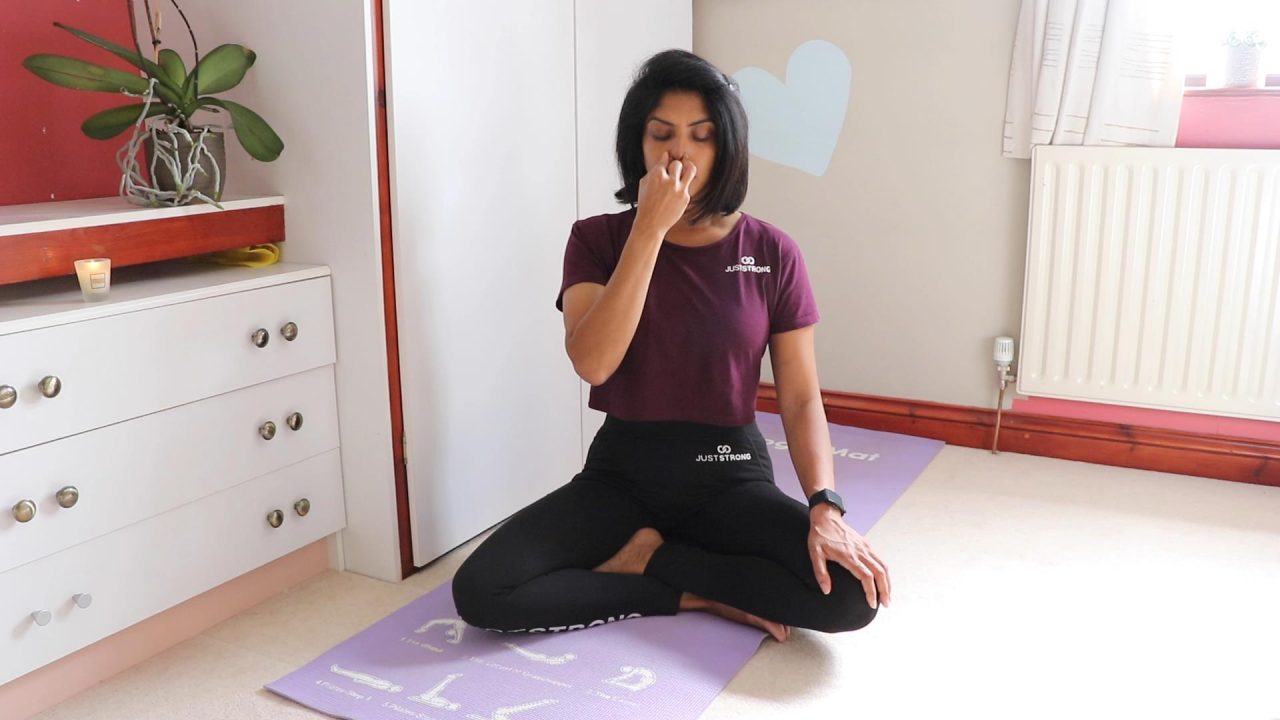Dr Schwartz states in the neuroscience and psychology realms meditation and meditative practices can change your brain physiology. Learning how to manage your thoughts takes time, energy and dedication, Dr Schwartz says.
This isn’t to advise you abandon your medication or other treatments you may already be using. Meditation practices should be used as a part of conventional medical care under the supervision of a physician, confirms Dr Aditi Nerukar.
My top 6 meditation practices include:
1.Practice Loving-Kindness Meditation
This focuses on creating an attitude of love and kindness towards yourself. Several studies found this helps quell self-criticism. One study found reductions in self-criticism lasted at least 3-months after the meditation sessions ended. 
2. Mindfulness Meditation
This is a moment-to-moment meditation to bring awareness into the present moment. It anchors your breathing, attention into the present moment and supports cognitive retraining. Mindfulness changes the brain.
3. Breath Awareness Meditation
Awareness using your breath will enable you to focus your mind and enhance cognitive retraining. When you focus on the inhale & exhale, your are lessening your emotional reactivity. This can be done sitting, standing or laying down.
4. Body Scan Meditation
This involves focusing on different parts of your body sequentially.
This can be done sitting, standing or laying down. This type of meditation enables you to shift attention by focusing on sensations and parts of your body that are holding onto stress, instead of your thoughts and feelings.
5. Transcendental Meditation
This type of meditation maybe one you have heard of as it is very popular across the globe.
Transcendental meditation uses sound or personal mantras to anchor attention and focus.
A study of teachers and staff at a residential school for students with severe behavioural problems found transcendental meditation improves stress, depression and burnout. These benefits lasts for months.

6.Visualisation Meditation
Visualisation involves using your imagination to focus on pleasant images instead of negative ones.
Imagery can also be used to alter the ways you recall negative memories. When participants were asked to revise their negative memories, with something more positive, it was found that they experienced a better quality of life and self-esteem.
For FREE Meditative Practices that include many of the tips above head over to my channel FitnessChiX on YouTube
This is where you can adopt these practices immediately,
For more visit my website to book a call with me to find specialist coaching tips for your wellbeing and ways to boost your immunity against infections.
Fancy a freebie? Sign up for my exclusive newsletter today! There you will find extra info, tips and female empowerment techniques







